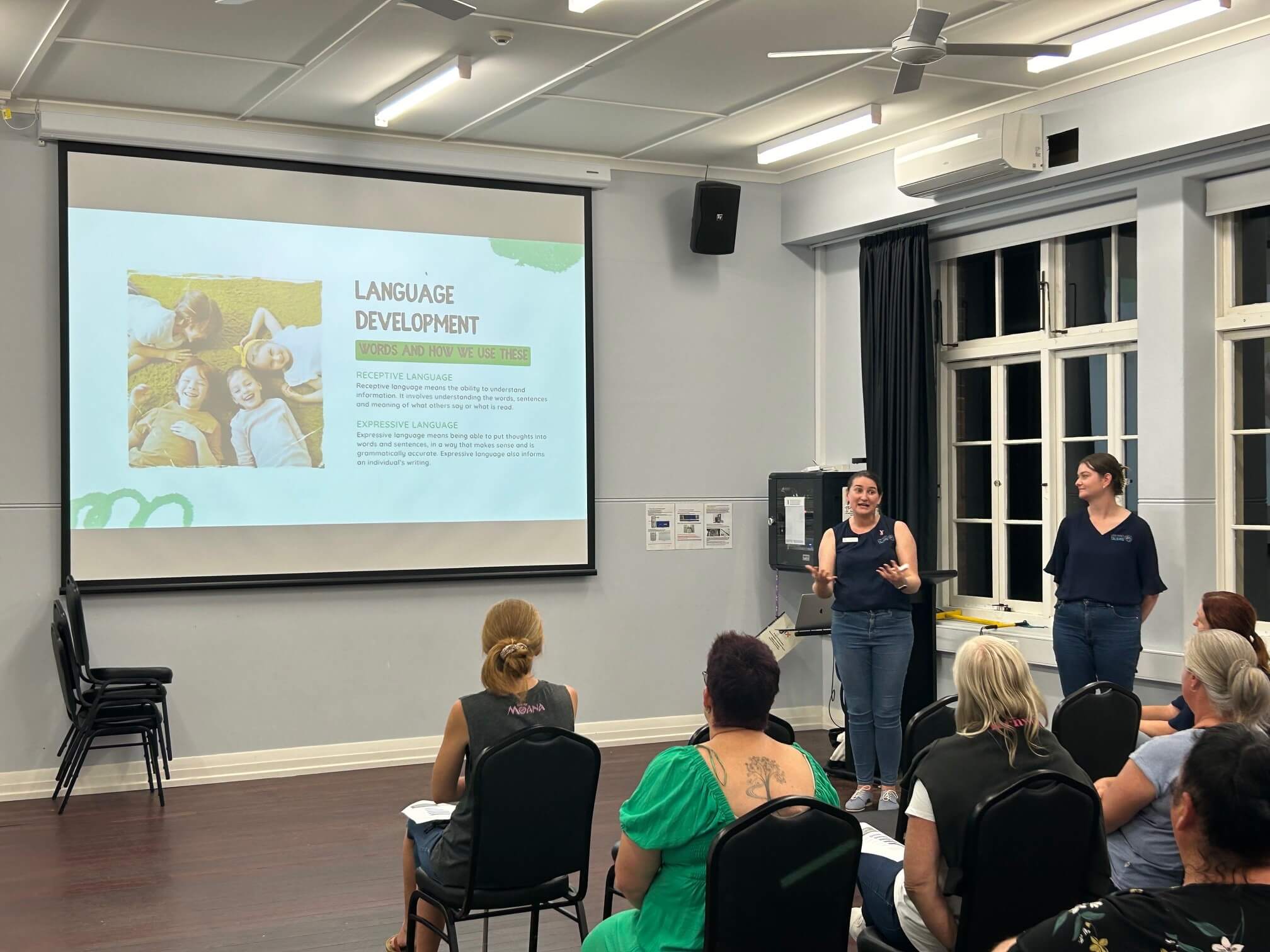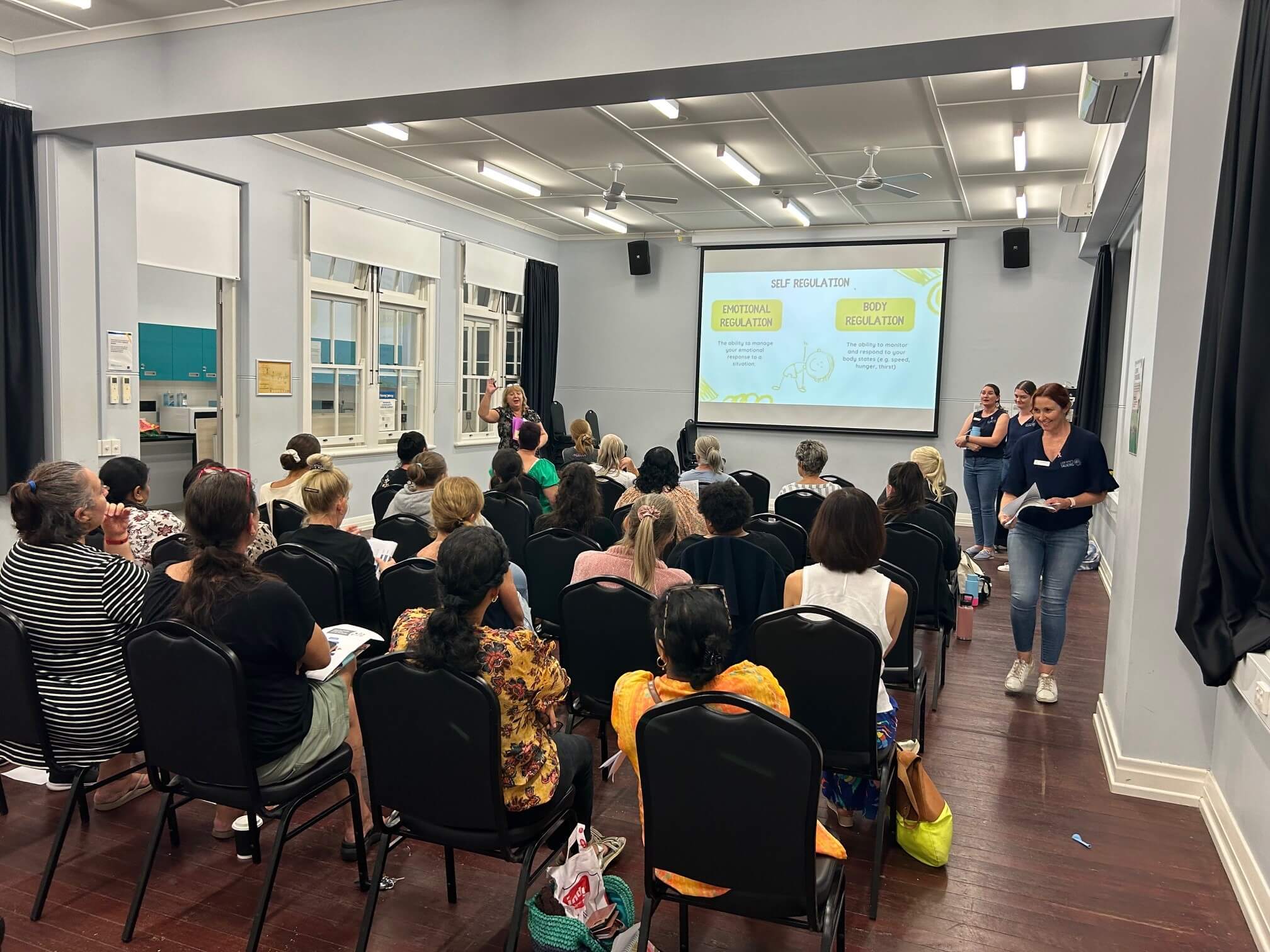A vital component of the early childhood education system is family day care. It provides a special, home-based setting where kids get individualised attention and education. Continuous professional development and workshops for educators are essential for maintaining the standard of care in family day care settings. This is where programmes and workshops offered come into play. Let’s examine how these workshops and training could greatly enhance family day care.
1. Elevating Educational Standards
One primary benefit of WFDC training and workshops is elevating educational standards. Educators who participate in these programs gain access to the latest research, best practices, and innovative teaching methodologies. This knowledge helps them create more engaging, developmentally appropriate, and enriching learning environments for children.
Key Focus Areas:
-
- Curriculum Development: Workshops on curriculum planning ensure educators can design and implement practical, age-appropriate learning activities.
- Child Development: Training on the stages of child development helps educators understand and effectively support each child’s growth.
- Inclusion and Diversity: Sessions on inclusive practices ensure that all children receive equitable education and care regardless of their background or abilities.
2. Enhancing Caregiving Skills
Family day care educators often wear multiple hats, from caregiver to teacher to counselor. Training and workshops help them hone these diverse skills, ensuring they can meet the varied needs of children and families.
Key Focus Areas:
- Health and Safety: Ensuring children’s well-being is paramount. Training in first aid, nutrition, and safety protocols helps educators create a secure environment.
- Behaviour Management: Workshops on positive behaviour management techniques equip educators with strategies to handle challenging behaviours constructively.
- Emotional Support: Understanding the emotional needs of children and providing appropriate support is crucial. Training in this area helps educators foster a nurturing and supportive atmosphere.
3. Building Professional Networks
Training and workshops allow family day care educators to connect with their peers. These professional networks are invaluable for sharing experiences, ideas, and resources.
Key Focus Areas:
- Peer Support Groups: Regular meetings or online forums where educators can discuss challenges and solutions.
- Mentorship Programs: Pairing less experienced educators with seasoned mentors for guidance and support.
- Collaborative Projects: Encouraging joint initiatives or projects that allow educators to work together and learn from one another.
4. Staying Updated with Regulatory Requirements
The face of early childhood education is constantly evolving, with new standards being introduced regularly. WFDC training ensures that educators stay informed and compliant with these changes, avoiding potential pitfalls and ensuring high standards of care.
Key Focus Areas:
- Regulatory Compliance: Understanding and adhering to family day care’s latest regulations and standards.
- Documentation and Reporting: Proper record-keeping and reporting procedures to meet compliance requirements.
- Quality Assurance: Implement quality assurance practices to assess and improve the standard of care continually.
5. Empowering Educators with Technology
In today’s digital age, integrating technology into early childhood education can enhance family day care learning experiences and operational efficiency. Training in this area can help educators leverage technology effectively.
Key Focus Areas:
- Educational Technology: Using digital tools and resources to enhance learning and engagement.
- Administrative Tools: Streamlining administrative tasks through software and apps for day care management.
- Parental Engagement: Utilising technology to improve communication and collaboration with parents.
Training and workshops provided by WFDC for family day care educators are indispensable in enhancing the quality of care and education in family day care settings. By elevating educational standards, improving caregiving skills, building professional networks, staying updated with regulatory requirements, and empowering educators with technology, these programs ensure that family day care remains a nurturing, effective, and enriching option for early childhood education. As we continue to invest in the professional development of family daycare educators, we invest in our children’s future, setting them on the way to lifelong learning and success.




